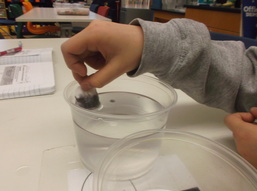
Fourth graders are truly becoming environmental experts. Knowing how every organism is connected in a food web, they quickly realized that an oil spill can literally spread throughout an ecosystem by means of the organisms that inhabit it.
With various materials to contain and absorb the oil, fourth graders are collecting data on which materials could serve each purpose. Using a controlled experimental set-up (same amount of oil and same time to use the material), they're gathering evidence to support their decision to begin a real oil spill clean-up process.
With various materials to contain and absorb the oil, fourth graders are collecting data on which materials could serve each purpose. Using a controlled experimental set-up (same amount of oil and same time to use the material), they're gathering evidence to support their decision to begin a real oil spill clean-up process.
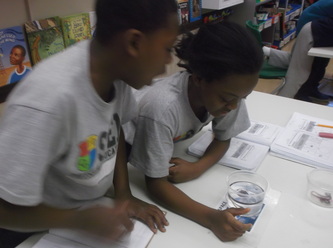
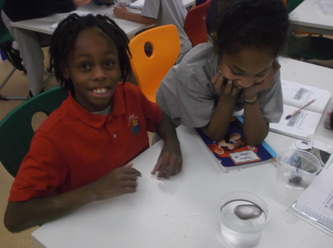
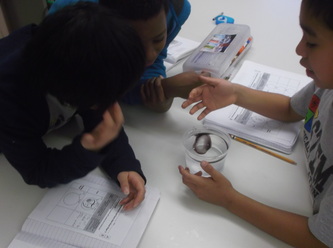
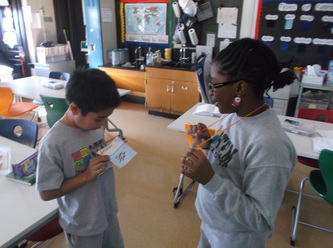
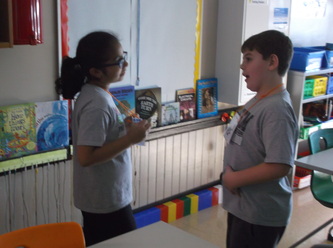
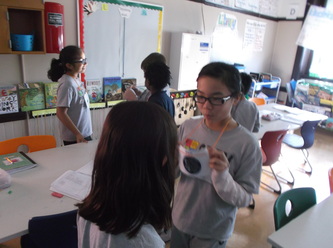
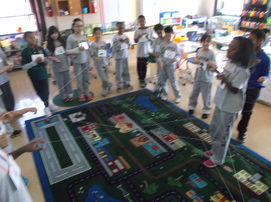
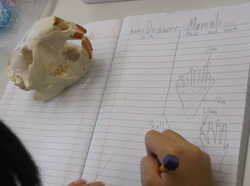
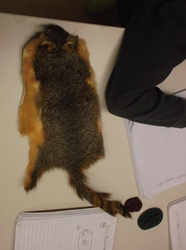
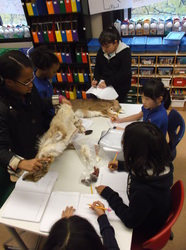
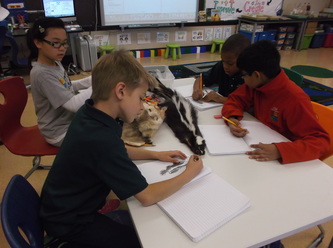
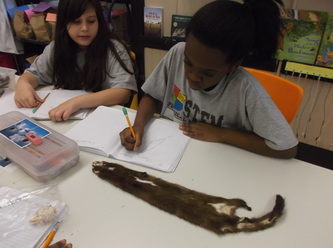
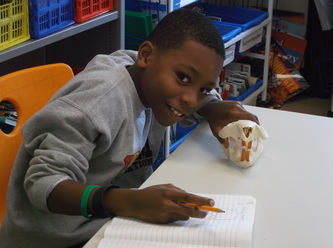
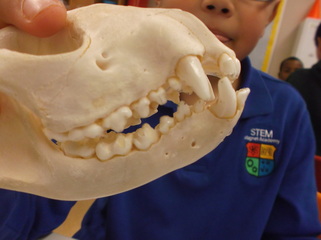
 RSS Feed
RSS Feed